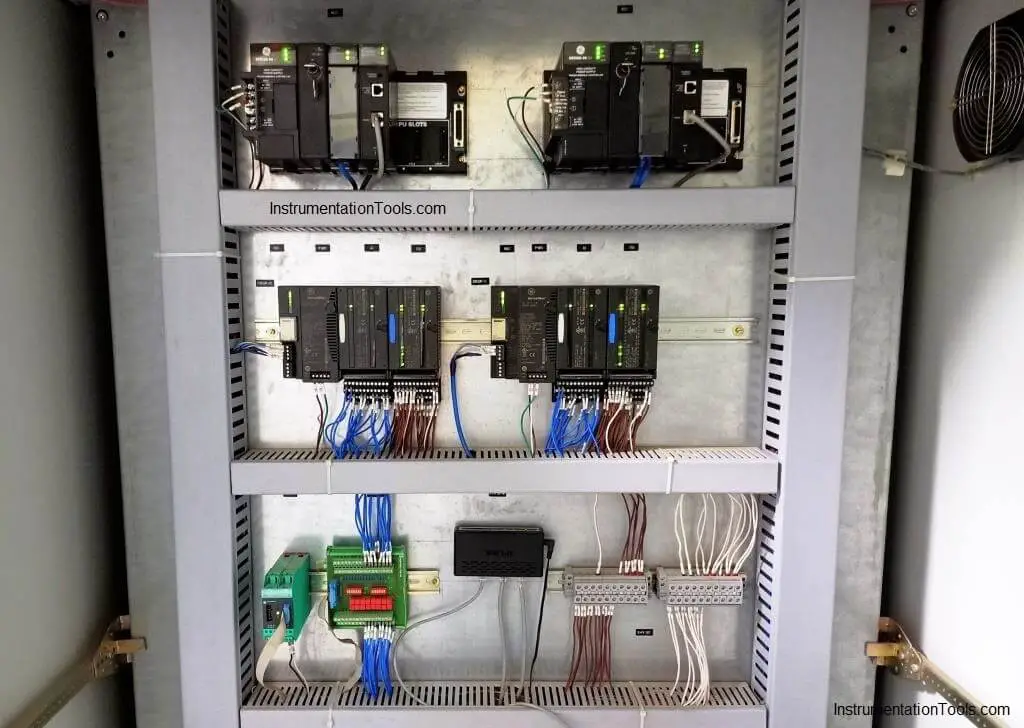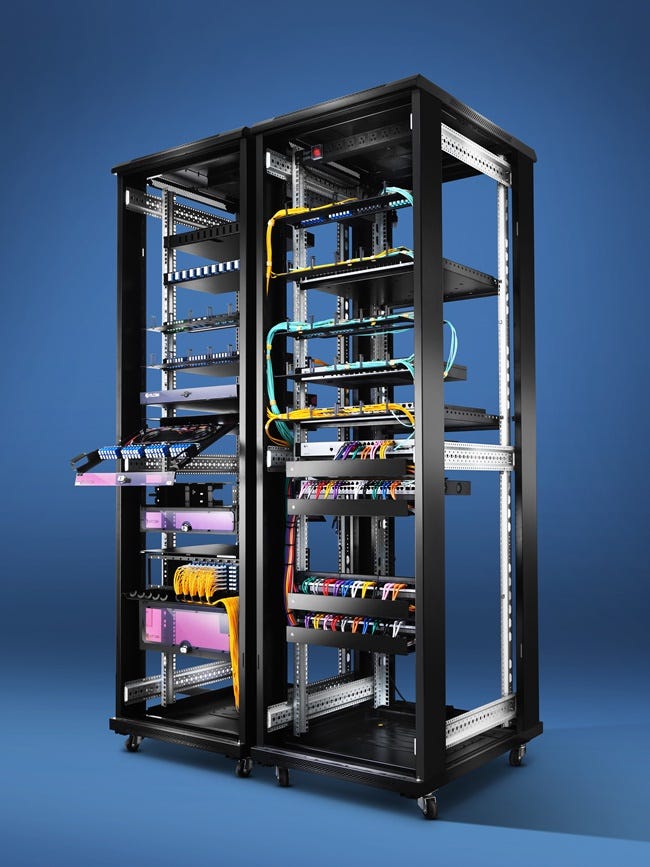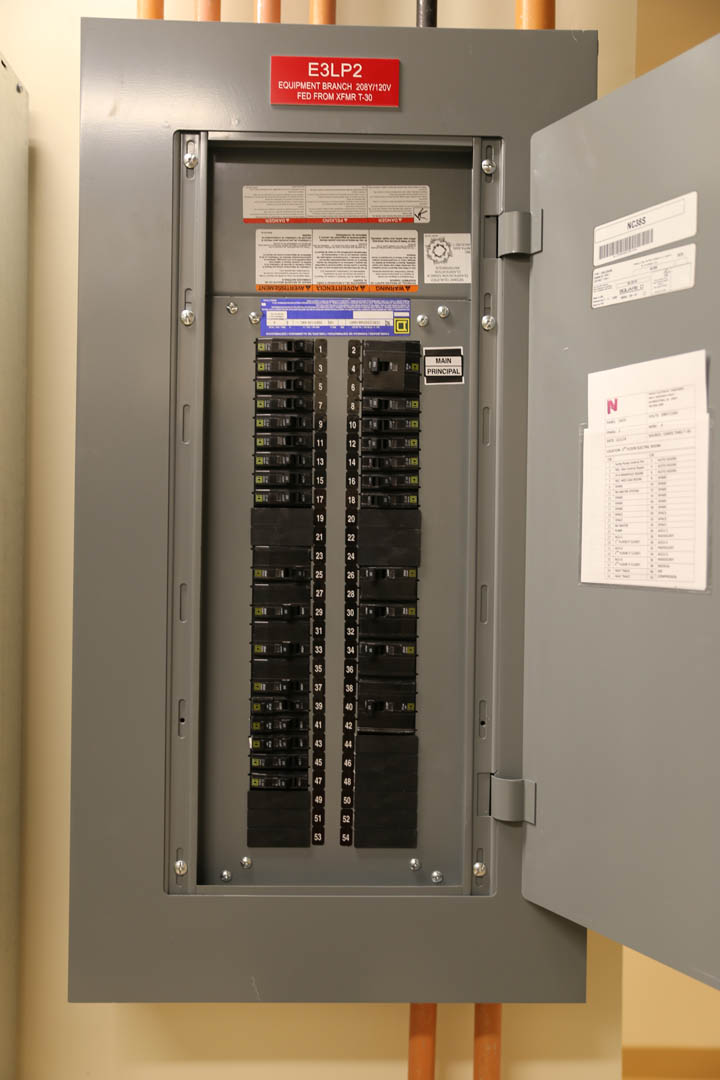Favorite Tips About What Is The Purpose Of A Panel

Unveiling the Purpose of a Panel
1. What Makes a Panel a Panel?
Ever wondered why you see panels popping up everywhere — from television shows to conferences, even in your local community meetings? Well, a panel isn't just any random gathering. At its core, a panel is a carefully selected group of individuals, usually experts or individuals with diverse perspectives, brought together to discuss a specific topic in front of an audience. Think of it as a think tank, but with better lighting and hopefully, more engaging conversation!
The key differentiator? That specific topic. The panelists are chosen for their knowledge or experience relevant to the subject at hand. This ensures a well-rounded discussion, offering varied insights and viewpoints that a single speaker might not be able to provide. The goal is not always to agree, but to explore the nuances of the topic from different angles.
Consider this: You're deciding whether to invest in solar energy for your home. A panel discussion might feature an environmental scientist, a solar panel installer, a homeowner who has already made the switch, and maybe even an economist to talk about the financial implications. Each brings their unique piece of the puzzle, helping you form a more informed opinion.
So, a panel, in essence, is a concentrated dose of expertise and varied opinions, designed to enlighten and inform.

What Is A Control Panel And Its Types? Instrumentation Tools
The Core Purposes Served by Panel Discussions
2. Why Bother with Panels?
Alright, so we know what a panel is, but why do we even need them? What's the big fuss? Well, panels serve several important purposes, making them valuable tools in various contexts. Let's dive into a few key reasons why panels are so popular:
Knowledge Sharing and Education: Panels excel at delivering information in an accessible and engaging format. Instead of passively listening to a lecture, the audience gets to witness a dynamic conversation. This can be particularly effective for complex topics, as panelists can clarify misunderstandings and address audience questions in real-time. Think of it as interactive learning at its finest!
Diverse Perspectives and Critical Thinking: One of the greatest strengths of a panel is its ability to showcase a variety of viewpoints. This exposure to different perspectives encourages critical thinking and helps the audience form their own informed opinions. It's like getting multiple opinions on a tricky problem, instead of just relying on one source.
Problem Solving and Innovation: When faced with a challenging issue, bringing together a panel of experts can spark innovative solutions. The diverse backgrounds and experiences of the panelists can lead to creative brainstorming and collaborative problem-solving. It's a synergy thing — the whole is greater than the sum of its parts.
Engagement and Interaction: Unlike a solitary speaker, a panel encourages audience participation. Question and answer sessions, polls, and even live discussions can create a more engaging and interactive experience. This makes the information more memorable and relevant to the audience's specific needs.

Different Types of Panels and Their Unique Goals
3. Panels Galore
Believe it or not, not all panels are created equal! The format and goals can vary depending on the context. Here are a few common types of panels you might encounter:
Expert Panels: These panels typically feature recognized experts in a particular field. The primary goal is to provide in-depth knowledge and insights on a specialized topic. Think academic conferences, industry events, or policy discussions.
Discussion Panels: These panels focus on exploring different perspectives on a controversial or complex issue. The emphasis is on fostering dialogue and encouraging critical thinking. These are often found in political debates, community forums, or online webinars.
Q&A Panels: As the name suggests, these panels are primarily designed for answering audience questions. The panelists are usually chosen for their ability to provide informative and insightful responses. You'll often see these at conferences, workshops, or town hall meetings.
Entertainment Panels: Okay, these might not be as "serious," but they still serve a purpose! Entertainment panels are common at comic conventions, film festivals, and other pop culture events. The goal is to entertain and engage the audience, often through behind-the-scenes stories, anecdotes, and Q&A sessions with actors, writers, or directors.Ultimately, the type of panel dictates its specific goals and format. But the underlying principle remains the same: to provide valuable information and engage the audience in a meaningful way.

The Role of the Moderator
4. The Unsung Hero of the Panel
While the panelists themselves are the stars of the show, a good moderator is absolutely crucial for a successful panel discussion. Think of the moderator as the conductor of an orchestra — they keep everything running smoothly and ensure that everyone plays their part.
The moderator's responsibilities are multifaceted. They introduce the panelists, set the stage for the discussion, and guide the conversation along a coherent path. They also keep track of time, manage audience questions, and ensure that everyone has a chance to speak. In short, they're the ringmaster of the panel circus!
A skilled moderator can also stimulate discussion by asking thought-provoking questions, challenging assumptions, and drawing connections between different viewpoints. They can also help to defuse tension if the discussion becomes heated, ensuring that the conversation remains respectful and productive. It's a delicate balancing act!
Without a strong moderator, a panel discussion can quickly devolve into a chaotic free-for-all. The conversation can become unfocused, the panelists might talk over each other, and the audience can become disengaged. So, next time you see a panel discussion, remember to appreciate the unsung hero — the moderator who makes it all possible.

Wall Panel System PDF Architecture Architectural Design
Making the Most of a Panel Discussion
5. How to Be a Panel Pro
So, you're attending a panel discussion. Great! But how can you ensure that you get the most out of the experience? Here are a few tips for becoming a panel pro:
Do Your Homework: Before attending the panel, take some time to research the topic and the panelists. This will help you understand the context of the discussion and formulate thoughtful questions. A little preparation goes a long way!
Listen Actively: Pay close attention to what the panelists are saying. Take notes, identify key takeaways, and be open to different perspectives. Active listening is key to learning and engaging with the material.
Ask Thoughtful Questions: If there's a Q&A session, don't be afraid to ask questions. But make sure your questions are clear, concise, and relevant to the discussion. Avoid asking questions that have already been answered or that are too broad or vague. A well-crafted question can spark further discussion and provide valuable insights.
Engage Respectfully: Whether you're asking questions or simply listening, always be respectful of the panelists and other audience members. Avoid interrupting, making rude comments, or dominating the conversation. Remember, the goal is to learn and engage in a constructive dialogue.

FAQ
6. Your Burning Questions Answered
Still have some questions about panels? No problem! Here are a few frequently asked questions to clear up any remaining confusion:
Q: What's the difference between a panel discussion and a presentation?
A: A presentation typically involves a single speaker delivering information, while a panel discussion features multiple individuals sharing their perspectives on a topic. Panel discussions are generally more interactive and encourage diverse viewpoints.
Q: How are panelists selected?
A: Panelists are typically selected based on their expertise, experience, or perspective related to the topic being discussed. The goal is to create a diverse group of individuals who can offer a well-rounded view of the subject matter.
Q: What makes a good panelist?
A: A good panelist is knowledgeable, articulate, engaging, and respectful. They're able to share their insights clearly and concisely, listen actively to other panelists, and respond thoughtfully to audience questions. A sense of humor doesn't hurt either!
Q: How can I suggest a topic for a panel discussion?
A: If you have a topic that you think would be suitable for a panel discussion, reach out to relevant organizations or event organizers. Explain why you think the topic is important and suggest potential panelists. You never know, you might just spark a great conversation!